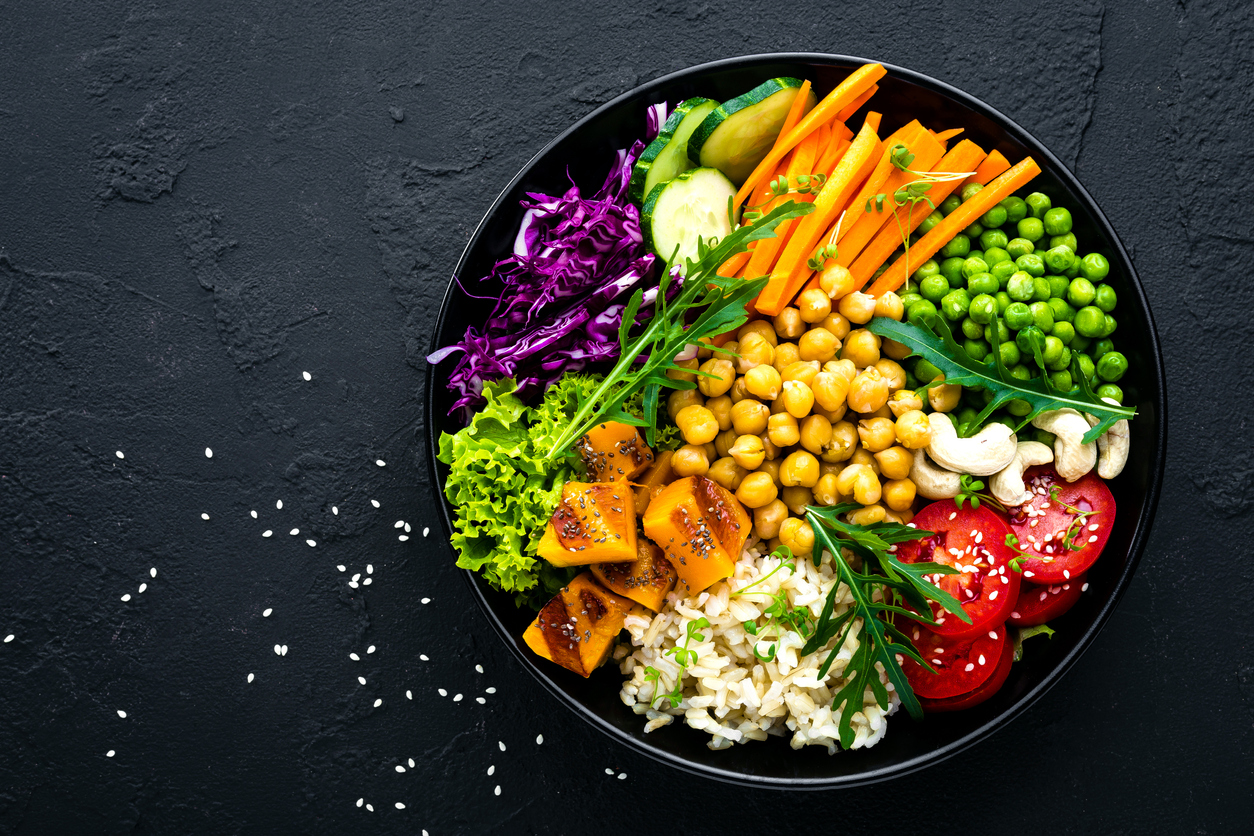Cancer Risk Lowered By Making Simple Diet Change

Vegetarian and vegan lifestyles have grown increasingly popular as people tout the associated health benefits. Still, regardless of the data, many people can’t turn away from their carnivorous nature. The numbers don’t lie, though.
There does seem to be some merit to eating plant-based foods. Lower risk of heart disease, high blood pressure, diabetes, and some cancers are just a few of the perks. But even that isn’t enough to convince many to make a move to eating less meat. The question is, should they have to? When it comes to meat consumption, do you really have to totally eliminate it to reap the benefits of a “meat-free” diet?
Not necessarily, according to a recent UK study. It seems that even scaling back your meat consumption can be quite good for you.
Eating less meat means lower cancer risk, new study finds
Researchers from the University of Oxford, UK, looked into the relationship between a person’s risk of cancer and diet. The study involved collecting data from 472,337 British adults recruited from 2006 through 2010 to the UK Biobank and analyzing it to identify the correlation, if any. The participants were between the ages of 40 and 70 and were cancer-free at the time they were recruited.
The participants were then split into four groups according to information gleaned from dietary questions they answered when they were recruited:
- Regular meat eaters – 247,571
- Low meat eaters – 205,385
- Fish eaters – 10,696
- Vegetarians – 8,685
Diet-cancer connection: Researchers reveal impressive results
The study had some pretty impressive results. Regarding the overall cancer risk, compared to the participants who consumed meat more than five times a week, it showed:
- 2% decreased cancer risk in those who consumed meat five times a week or less
- 10% decreased cancer risk in those who ate fish and no meat
- 14% decreased cancer risk in those who were vegetarians or vegans
They also examined the incidence of specific cancers and correlated them to participants’ diets. Compared to the group that consumed meat more than five times a week:
- 9% decreased risk of colorectal cancer in the group that consumed meat five times or less a week
- 18% decreased risk of breast cancer in the group that adhered to a vegetarian diet (although this could be attributed to the lower BMI that is consistent with most vegetarian women)
- 20% decreased risk of prostate cancer in men in the group that consumed fish and no meat
- 31% decreased risk of prostate cancer in men in the group that adhered to a vegetarian diet
Here is how to modify your diet to lower your risk of cancer

Reducing your meat consumption can have many health benefits. And the good news is that you don’t have to cut it out completely. Try these tips for reducing your meat intake.
- Eat wild-caught fish at least twice a week
- Make meat your side dish instead of the main course
- Use small amounts of pasture raised turkey and chicken, instead
- Eat beans cooked in chicken stock and flavored with turkey or chicken sausage
- Give non-GMO (organic) tofu a try
- Add organic whole grains to your diet
One important thing should be made very clear: the researchers probably did not look at the quality of the meat consumed. Simply put, most commercially produced meat products are loaded with unwanted chemicals … including synthetic hormones and antibiotics. This kind of meat is highly toxic and increases the risk of many health problems.
Look at what you are eating daily and find ways to cut back on the toxic meat products, while bulking up on the organic veggies and fruits. If you do consume meat (or fish) … be sure it’s 100% grass-fed or wild. Remember, quality does matter!
After all, we’re talking about taking better care of your health. And, you’re worth it.
To discover how you can stop cancer naturally, click here.


